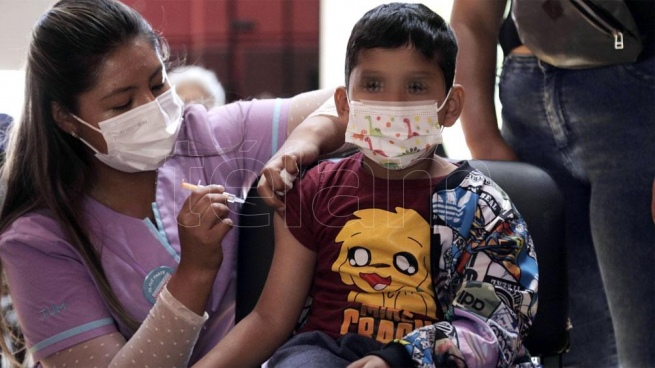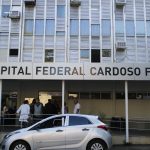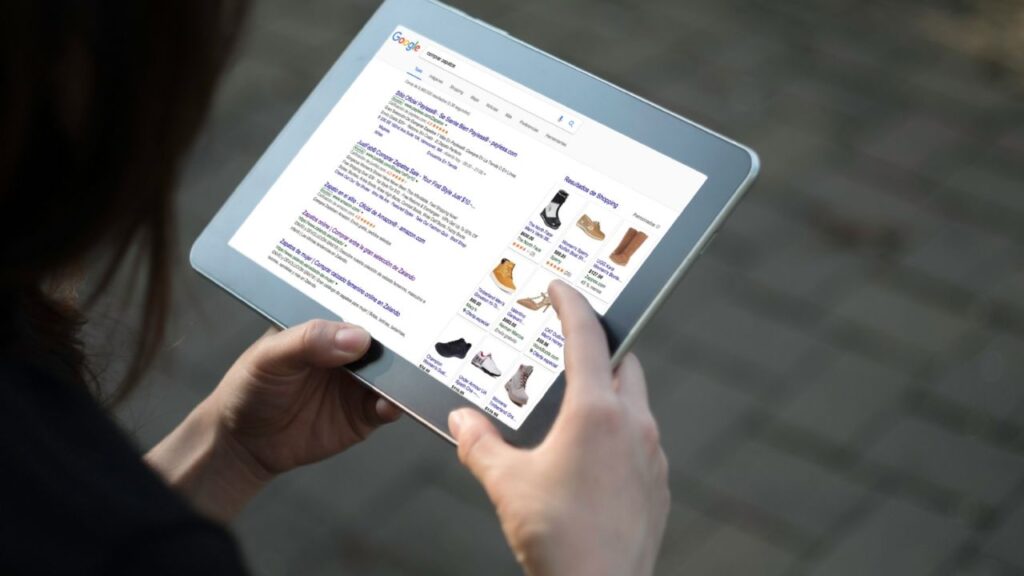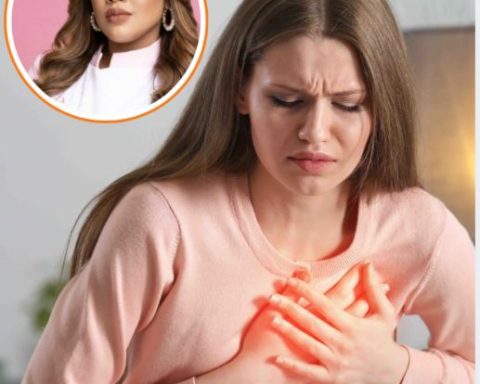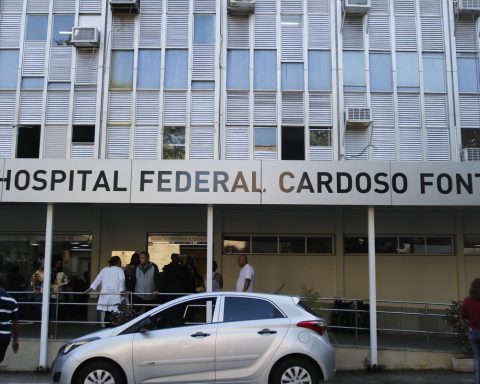The Minister of Health, Carla Vizzotti, and her counterpart for Education, Jaime Perczyk, met this Wednesday with representatives of the Pan American Health Organization (PAHO), UNICEF, the Argentine Society of Pediatrics (SAP) and the Children’s Ombudsman , girls and adolescents, in order to reach consensus on strategies to strengthen Covid-19 vaccination and co-administration with calendar vaccines in children and adolescents, as well as the readjustment of protocols prior to the start of the school year.
“This work table has been working for a long time with the Ministry of Education,” said Vizzotti, who thanked the participation of all the institutions that joined to make their contributions, reported a statement from the Ministry of Health.
The official explained that the objective is “Continue working on three fundamental axes that are pediatric vaccination against Covid-19, to accelerate it even more, we have very important achievements to date.”
Also, he mentioned “The importance of synergizing this vaccination with calendar vaccines“, and third, “the readjustment of protocols in relation to the start of school, because the situation in relation to the pandemic has totally changed, therefore the approach and the recommendations must also change.”

For his part, Perczyk highlighted the achievement made by the Ministry of Health in relation to Covid-19 vaccination in children and adolescents and valued the cooperative work of both ministries and all agencies “to protect the entire community education, to have a restorative school year and that this year we can begin to build another story; these summer weeks are going to be essential to achieve the largest number of girls, boys and teachers with full vaccination. To achieve this we are going to work in together with Health and with the 24 jurisdictions to reach a start of classes with full and safe presence”.
Both officials highlighted that in just 13 weeks, Covid-19 vaccination in girls and boys between 3 and 11 years old reached 69.5% with the first dose and 46.3% with the complete schedule.
They also highlighted that, in adolescents between 12 and 17 years old, 85.7% already have the first dose and 67.5% with the complete scheme.
In relation to the teachers, they reported that more than 90% have a complete initial scheme and are advancing in the application of the reinforcements.

Both ministers also explained that the objective for the next seven weeks that remain before the start of classes is “to continue working together with the provinces to be able to accelerate the Covid-19 and calendar vaccination, incorporating new vaccination areas such as neighborhoods and others. spaces that allow reaching more people”.
In this sense, the PAHO representative in Argentina, Eva Jané Llopis indicated: “We must celebrate the successful advance of vaccination against Covid-19 in Argentina” and pointed out that “this is one of the few countries in the region that has already reached the goal defined by the WHO of having, by June 2022, a vaccination coverage of 70% of its population”.
The PAHO representative also valued the intersectoral coordination of ministries and actors for this initiative and remarked that “They have all our support to resume the national vaccination schedule and we will also continue to provide evidence on how to adapt protocols and how to expand vaccination against Covid-19 in children, adolescents and young people.”
For his part, the president of the SAP, Pablo Moreno, celebrated the intersectoral approach to the issues and indicated that “we have accompanied the policies of the Ministry of Health in terms of Covid-19 vaccination, we also believe that the recovery of the calendar vaccines it is a priority. We adhere, we celebrate and we are happy that the Education authorities are here because we have worked for school attendance”.

The representative of UNICEF, Luisa Brumana, expressed the importance of “taking advantage of the moment of going back to school to encourage the vaccination of boys and girls.”
Brumana added that “the way is not mandatory, but to use this opportunity to encourage all vaccines and avoid a return to communicable diseases”.
He also expressed his “willingness to continue to work in whatever way we can so kids can get back to school safely and continuously.”
On the importance of ensuring school presence, Minister Vizzotti, in line with her Education counterpart, indicated that “the start of the school year has to be restorative, especially in the context of what they have been experiencing, the school is a space that we have to get back.”

For her part, the defender of the rights of children and adolescents, Marisa Graham, referred to the importance of working to recover calendar vaccines in addition to those of Covid-19 and indicated that “It is a good occasion to put on the table again the issue of the schedule of vaccines for other diseases.”
Graham also expressed his support for vaccination in schools because of the “gravitation it has in the community.”
By last, a roadmap was established to advance in the readjustment of the protocols for the start of the school year and it was anticipated that, once finished, they will be analyzed by the Federal Health Council and the Federal Education Council, with the aim of generating the necessary consensus for their updating, added the official statement.
Also participating in the meeting were the Secretary for Access to Health, Sandra Tirado; the Undersecretary for Health Strategies, Juan Manuel Castelli; the Undersecretary for Management of Services and Institutes, Edith Benedetti; the director of Mental Health and Addictions, Silvia Bentolila; and the director of Epidemiology and Strategic Information, Analía Rearte.
On behalf of the Ministry of Education, the deputy minister, Silvina Gvirtz; and the advisor, Mario Caputo.
Representing SAP, the 1st Vice President, Javier Indart de Arza; the 2nd Vice President, Fabiana Molina; the general secretary, Verónica Giubergia; the pro-secretary general, Lucrecia Arpi; the treasurer, Elizabeth Patricia Bogdanowicz; and the pediatric infectologist, Ángela Gentile.
In addition, the representatives of UNICEF, Julia Anciola and Natalia Calisti, participated; and the Director of Applied Research of the Ombudsman for the Rights of Children and Adolescents, Vanesa Salgado.
